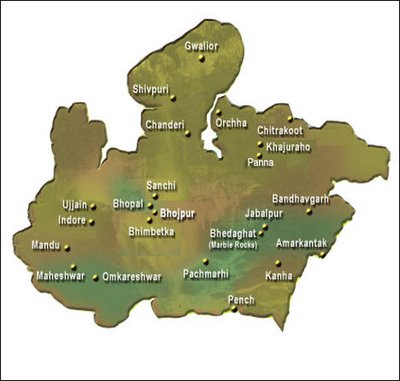What’s in a name? Ask the home ministry
 The criminals who lived in this small Madhya Pradesh village had run away or reformed a century ago. But the village is still called: Pagaria Chor (thief).
The criminals who lived in this small Madhya Pradesh village had run away or reformed a century ago. But the village is still called: Pagaria Chor (thief).
In a few weeks, the village, 95 km from state capital Bhopal in Sehore district, will redeem its honour and make the transition from Pagaria Chor to Pagaria Ram.
Home Minister P Chidambaram recently cleared a four-year-old proposal from Madhya Pradesh to give the village a new name.
"The formalities to notify the new name will take some time," said Bhawana Walimbey, Additional District Magistrate, Sehore district.
"We are very happy. We will not have to be ashamed of our village's name any longer," said former village headman, Dhariya Singh Solanki. He had through the 1990s unsuccessfully tried to rid the village of the criminal tag.
The proposal was one of the dozens of applications that the ministry receives seeking new names for towns and villages and even rail stations.
The ministry can be finicky in giving its approval.
While Bombay could become Mumbai, Rajasthan's Mohammadpura village cannot call itself Mohanpura.
A change in the demographic profile often leads to demands for a new name, reflecting changed religious composition.
“The government is very strict on this account," said a ministry official, refusing to be identified.
So, Chidambaram rejected the request that Dagavaidya village in Gujarat be named Durgavaidya.
Minister of State Ajay Maken shot down West Bengal government's proposal that Alubari Road railway station be renamed Islampur station.
But requests to rid villages of derogatory references to castes of inhabitants have been accepted. Chamari village in Haryana will soon be Chamaria and Chamariah Kheda village in Rajasthan will become Indrapura.